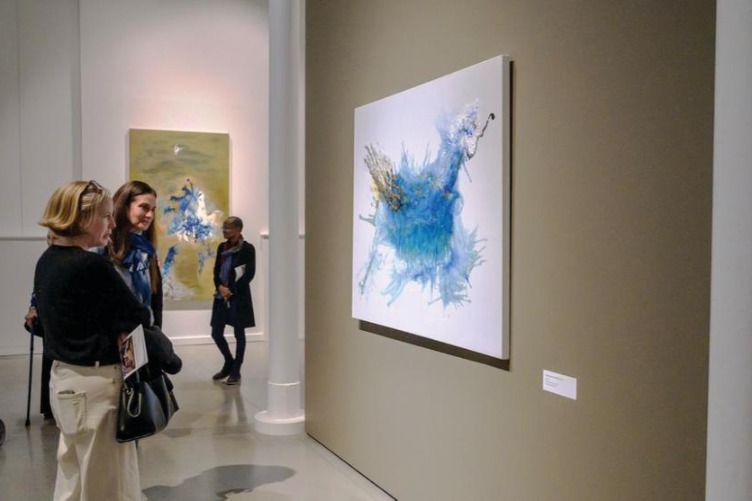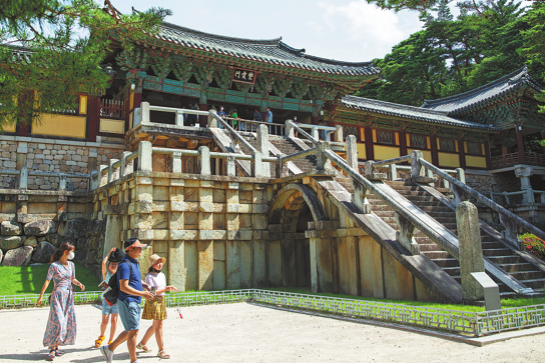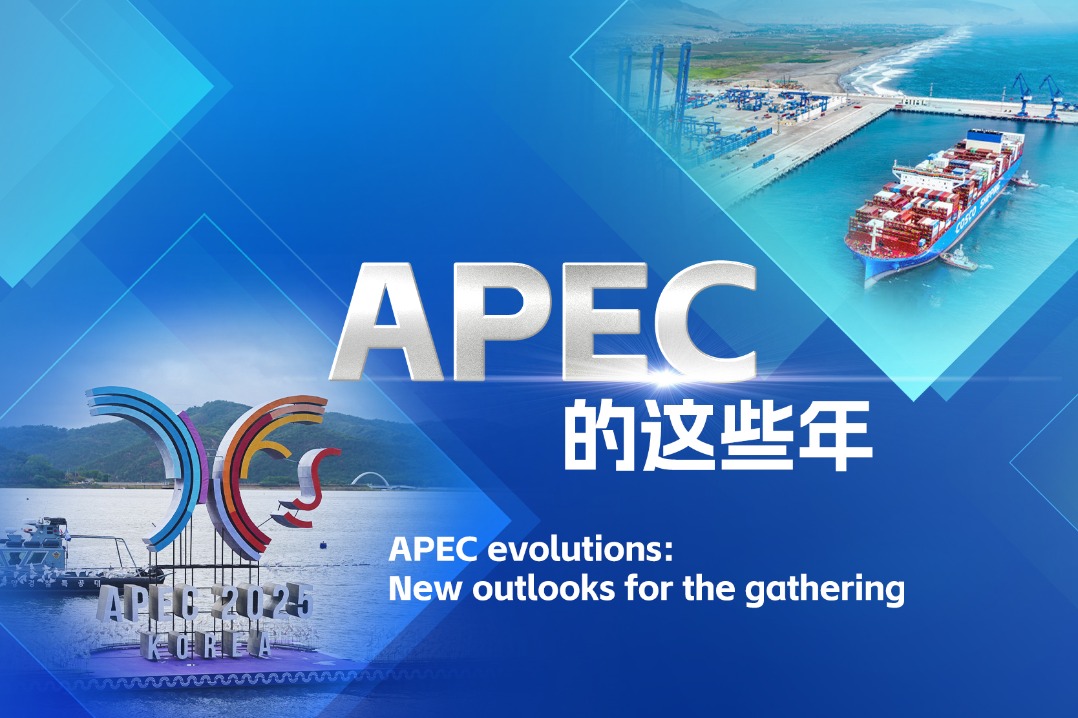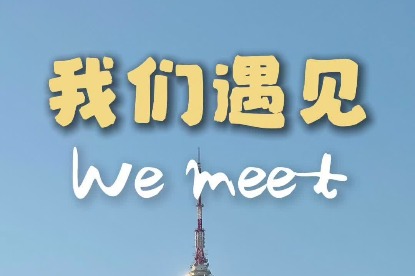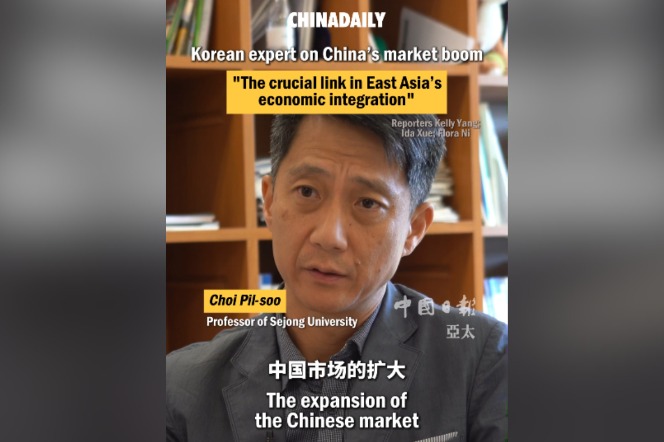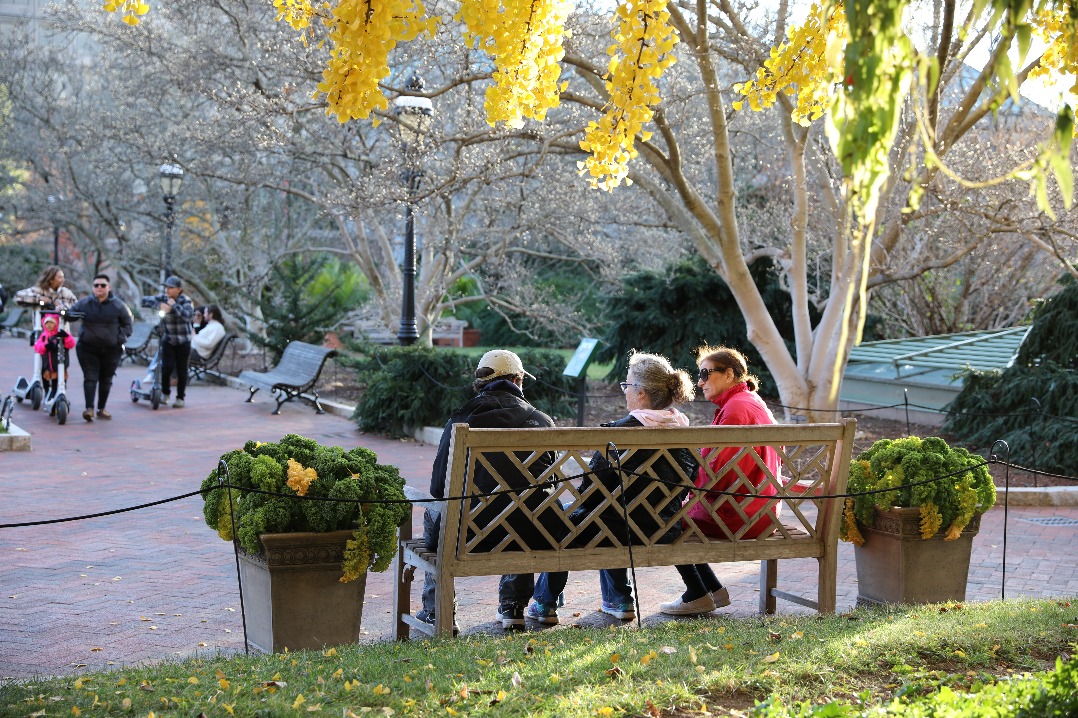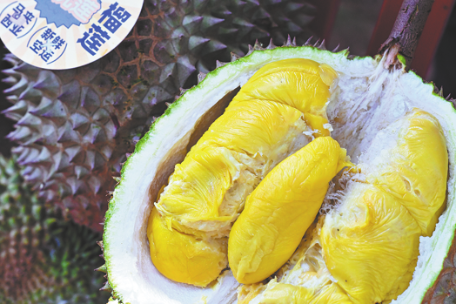Strides made in bolstering EU ties


High-level dialogues
In the past year, China and the EU also held the 8th High-Level Trade and Economic Dialogue, the 10th High-Level Strategic Dialogue, and the 5th High-Level People-to-People Dialogue. The two sides launched the High-Level Dialogue on Environment and Climate Change and the High-Level Digital Dialogue.
During the year, President Xi, Premier Li Keqiang, Vice-Premier Liu He and State Councilor and Foreign Minister Wang Yi held phone calls with EU leaders as well as leaders of the bloc's 27 member states. In late August, Wang visited Italy, the Netherlands, Norway, France and Germany.
On Sept 14, China and the EU signed a bilateral agreement to protect 100 Chinese Geographical Indications, or GIs, in the EU and 100 European GIs in China against usurpation and imitation, after the agreement was first concluded in November 2019.
The GIs under protection include those for products such as Pixian bean paste, Anji white tea and Panjin rice from China and Munich beer, Irish whiskey and Porto from the EU.
Zhang said that despite the pandemic, China and the EU saw an increase in interactions in 2020.
"This is a big year for China-EU relations," he said of the past year.
China and the EU have helped each other in the fight against COVID-19.
When the epidemic broke out in China in the early part of 2020, the EU and its member states provided 56 tons of medical supplies to China. When the pandemic spread fast in EU member states from mid-March, China sent medical supplies to them, including medical teams to Italy, the worst-hit EU nation.
According to statistics, the EU imported 322 million euros ($396 million) of medical supplies from China to fight the pandemic in the first eight months of 2020. Face masks and ventilators accounted for the bulk of the imports.
From the viewpoint of EU leaders, the bloc's relationship with China is complex. While China and the EU had long ago established a comprehensive strategic partnership, EU leaders since March 2019 have called China "a cooperation and negotiation partner, an economic competitor and a systemic rival".
Zhang said China and EU are partners, not rivals. He added that the two sides are engaged far more in cooperation than competition, and have far more consensus than differences.
One major consensus concerns climate change. The EU warmly applauded when Xi in September announced that China would become carbon neutral by 2060.
Shada Islam, head of the New Horizons Project, a global strategic and advisory firm, said both sides have embarked on a high-level dialogue on climate change that is very significant.
She notes that it's nothing unusual for EU-China ties to experience ups and downs. "The EU did manage to stay out of the fray and did not, as many wanted it to, fall into the binary trap of either choosing the US or China as key partners," she told China Daily.
Islam called the CAI a "nice way to end a good year for Europe and Asia relations", citing also the EU-Japan and EU-ASEAN deals clinched in 2020-the latter completed with members of the Association of Southeast Asian Nations.
Ding Chun, director of the Center for European Studies at Shanghai-based Fudan University, said he is cautiously optimistic about China-EU relations.
He stressed that the two sides are important trade partners and have great potential for cooperation in digitalization, green development and third-country markets.
"The two sides have a mature mechanism to manage their differences through effective dialogues,"Ding said.
He believes that China and EU have no fundamental conflicts in geopolitical interests and have open channels for high-level dialogue.
"They also have many common interests in joining hands in improving global governance," Ding said.
















